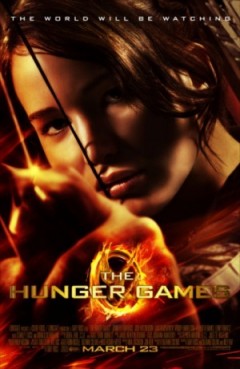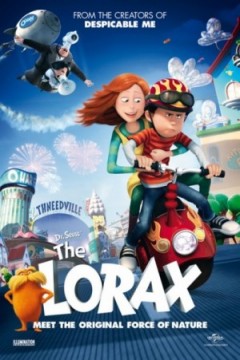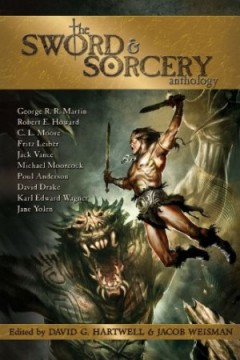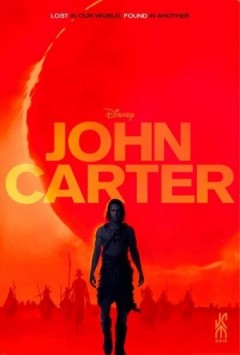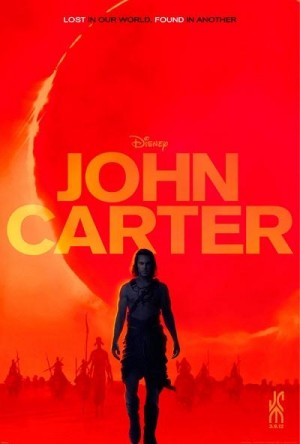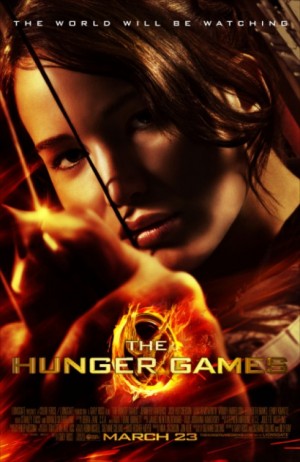
The latest craze to seize the literary world has been transformed, according to the law of Hollywood, into cinema. The Hunger Games, based on the novel by Suzanne Collins, is helmed by Gary Ross and co-written by the author herself. Targeting a younger crowd, the movie yet boasts enough maturity and craftsmanship to appeal to other demographics. I continue to await the next science fiction masterpiece, but if the interlude between masterpieces had more movies of this caliber, I would gripe a good deal less.
In the world of the story, an Empire has put down a rebellion by thirteen districts. The thirteenth district was destroyed and the other twelve must, each year, supply a male and female between the ages of 12 and 18 to participate in the Hunger Games. The 24 participants train for a few weeks before competing in a winner-take-all gladiatorial contest that leaves only one alive. Interspersed in their training are interviews with the media, banquets, and chances to impress viewers and thereby win sponsors who can assist the contenders during the competition.
Katniss Everdeen (Jennifer Lawrence) is a young girl in district twelve. She hunts for food in forbidden territory but is permitted to do so because she sells much of her catch to the guards (the first in a series of welcome demonstrations of governmental corruption). When her younger sister’s name is pulled as the female representative for the Games, Katniss demands to go as a volunteer in her stead.
